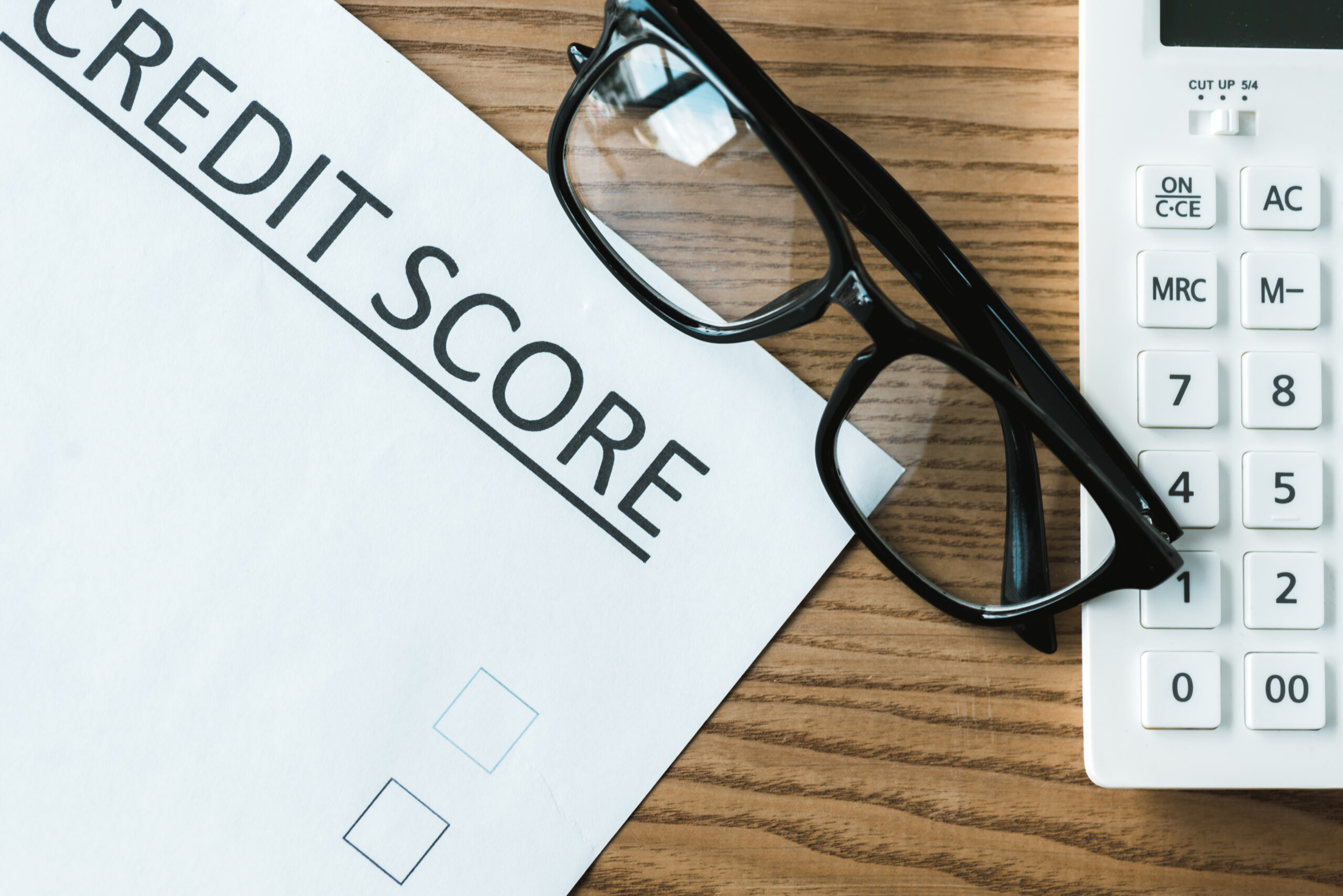How does one improve their credit score? Here are four key tips to help you build your credit profile this year.

How can you reduce your spending habits?
Do you think you spend too much? It’s a question we all ask ourselves, and one very few people want to answer honestly. For those who think they might be pulling out their credit cards a bit too often, you might be looking for ways to reduce your spending habits. It’s impossible to cut yourself off from spending altogether – bills, mortgage payments, and other necessary expenses can’t be written off. However, you can start developing a strategy to cut down on your extra spending.
Adjusting your spending habits can be tricky. We’re so used to our extra purchases that they can almost feel essential. Here are a few tips that can make the adjusting process a bit less painful, and save you money along the way.
How many work hours does it cost?
One useful way to reduce your spending habits is to think of shopping in terms of how much work time it costs you to purchase certain items. Before you go on an online shopping spree, upgrade your phone, or buy new home furniture, ask yourself: How many hours do I have to work to pay this off? This puts prices in perspective relative to your own financial situation. It makes it easier to see whether a purchase is worth it when you can look at how it fits into your life.
There’s no rule for how many work hours something can cost before you should abandon the purchase. It all depends on your income, your other expenses, and your comfort level with the price.
Make a list of your goals as a reminder
Most of us have some form of a money goal. Often, though, these are just vague thoughts in our heads, and not at the top of our minds as things we actively work towards every day. If you’re trying to cut your spending a bit, it might help to write out an actual list of your financial goals. Keep this list nearby, so you see it and think about it often. Ask yourself if a certain purchase will delay your achievement of these goals, or if it won’t make a difference. It’s important to connect our money goals with our spending habits and see how they affect one another.
Keep track of what you spend
This next one might take some getting used to because it requires some dedication. Every time you make a purchase, consider writing it down somewhere so you always know how much you’ve spent in a certain amount of time. Often, we don’t realize how much we spend until we see the grand total of all our purchases placed in front of us. When your spending starts to add up, and you can see how much another purchase will contribute to that amount, this might make you pause for a moment.
When you first start out with this method, you might find you’re forgetting to record every single purchase. It’s a bit of a task that you’ll have to get used to, but do it as often as you can! The more you make note of your purchases, the more you might be able to reduce your spending habits.
Use a cash envelope
It’s easy to spend money when you’re paying with debit and credit cards. Since you’re not actually seeing physical money disappear, it feels less like an expense. When you use cash, you have to see just how much you’re handing over. With this in mind, you can reduce your spending habits by using a cash envelope. Allow yourself a certain amount of cash you can spend on non-essential items each week, and store it somewhere safe. Once the envelope is empty, wait until next week and your next envelope to spend more. Using cash tends to make us think more about what we’re spending it on.
If you’ve been doing most of your shopping online due to the pandemic, an alternative solution is to set up a new bank account and keep a certain amount of money stored in there. This is where you can spend from, and you can treat it the same way as a physical envelope – once the account is nearly empty, it’s time to stop spending.
Purposely delay a purchase
Sometimes, we get hooked on the idea of buying something we just came across or thought about that day. This could be anything, from new clothes to a replacement phone or laptop, or new items for your home. It’s tempting to pick up these things as you see them, because at the moment you’re certain you want them and will find a good use for them.
A good strategy here is to purposely put off these purchases. Make yourself walk away and take a night to sleep on the decision. Think about what purpose this new purchase might serve, and if it’s worth the expense. Most importantly, think about how you really feel about buying it. Sometimes, the initial excitement of making a purchase is better than owning the thing itself. If you still feel strongly about making that purchase, then go ahead. This will likely cut down on some unnecessary shopping.
Don’t cut yourself off
Even as you work hard to save, don’t completely cut yourself off from buying the things you love. It’s not a crime to enjoy buying things that aren’t absolutely essential, and you shouldn’t feel like you need to punish yourself for making some extra purchases once in a while. The important thing to remember is to keep everything in moderation. Whatever your little joys are, keep them in your life – just try to reduce their impact on your finances. Try indulging in them a little less, or at least be sure your essential purchases are taken care of first!
Reducing your spending habits isn’t always easy, and it might take some trial and error to find a strategy that works for you. The good news is there’s almost always a way to save some money if you understand your spending activities. If you’re thinking about refinancing your mortgage to leverage your home’s equity, or buying a home in 2021, reach out today! Give us a call at Centum Home Lenders at 506-854-6847, or get in touch with us here.



